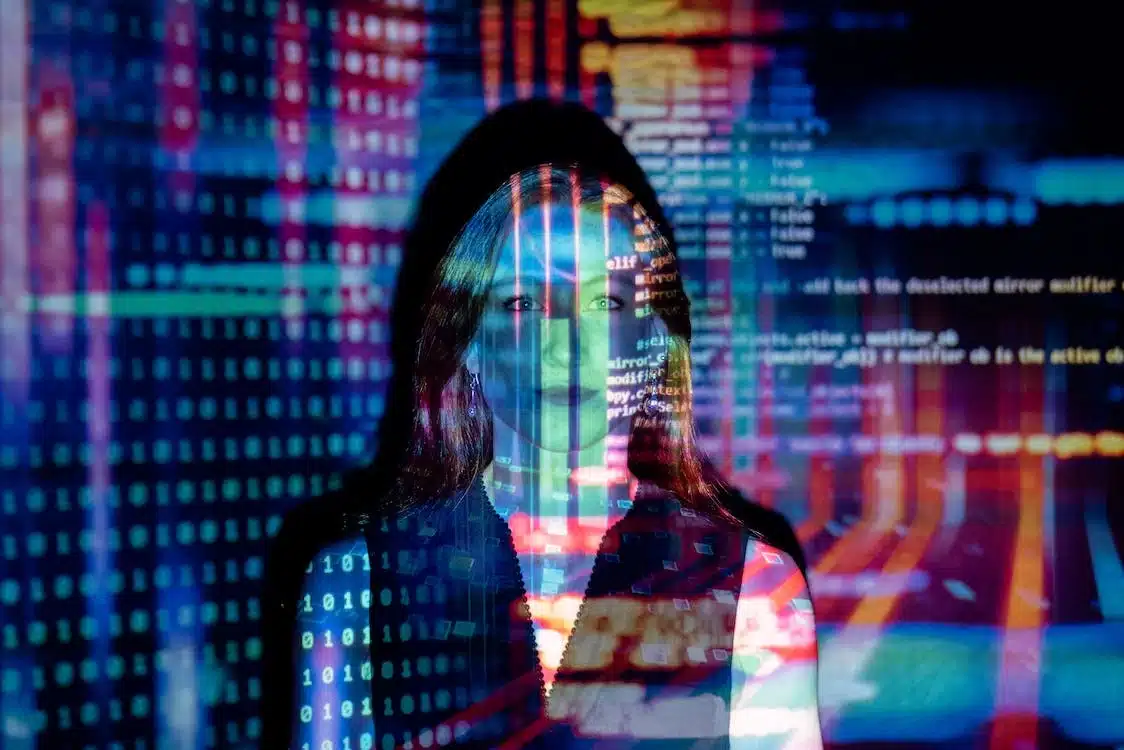The Nature of Knowledge: Exploring Certainty and Assumptions in Human Understanding
Dive into the profound question of fact in know-how. Explore the bounds of human knowledge and the function assumptions play in shaping our perception of fact. Discover how uncertainty can coexist with expertise on this idea-scary article.
Reality in knowledge, uncertainty and assumptions, human information, limits of know-how, perception of truth
In the pursuit of information, people have constantly grappled with the question of fact. Can we ever honestly understand whatever with absolute fact, or is all know-how ultimately uncertain and contingent upon assumptions? This philosophical quandary has involved thinkers during history. In this newsletter, we delve into the character of know-how, analyzing the interaction among fact and assumptions, and how they form our understanding of the arena.
Certainty: An Elusive Ideal
Certainty, in its purest shape, implies no doubt and guarantee inside the truth of a proposition. However, attaining such actuality is a complicated venture. Our understanding is regularly based totally on sensory perceptions, interpretations, and reasoning tactics, all of that are problem to capacity fallibility. Even clinical discoveries, which might be taken into consideration the epitome of information, undergo continuous scrutiny and revision as new proof emerges.
The Role of Assumptions
Assumptions are the inspiration upon which our information of the sector is built. They are regularly derived from previous expertise, reviews, cultural influences, and even personal biases. While assumptions can provide a starting point for know-how, they can also introduce biases and limitations. For instance, our assumptions about the bodily international are rooted in our sensory perceptions, which themselves can be liable to mistakes or barriers. Additionally, cultural or societal assumptions can shape our ideals and views, potentially influencing our notion of reality.
Limits of Human Understanding
As finite beings with restrained senses and cognitive capacities, humans face inherent obstacles in comprehending the great complexity of the universe. Our expertise is bounded by these limitations, stopping us from attaining whole actuality. For instance, theories in physics, including quantum mechanics, challenge our intuitive expertise of reality, highlighting the gaps in our understanding and the need for assumptions to bridge those gaps.
Uncertainty as a Catalyst for Progress
Paradoxically, uncertainty can function a catalyst for intellectual boom and development. It fuels curiosity and motivates us to impeach assumptions, are searching for proof, and explore new opportunities. The scientific approach, built on the principles of skepticism and empirical research, acknowledges the inherent uncertainty in knowledge. Scientists continuously assignment existing theories, aiming to refine and amplify our knowledge of the world.
Embracing Epistemic Humility
Recognizing the inherent uncertainty and assumptions in our expertise can cause epistemic humility—an acknowledgment of the boundaries of our know-how. This humility encourages open-mindedness, interest, and a willingness to revise our ideals within the face of recent evidence. Embracing uncertainty does no longer undermine the price of know-how however alternatively strengthens it by means of encouraging chronic questioning and improvement.
While absolute fact might also stay elusive, knowledge isn’t always rendered meaningless. Rather, it is formed by way of a delicate interplay of assumptions and uncertainties. Acknowledging the role of assumptions in our information of the sector enables us to significantly evaluate our ideals and make bigger our knowledge. By embracing uncertainty and preserving a humble mind-set towards knowledge, we embark on a perpetual adventure of discovery and intellectual increase.
In this ever-evolving global, the search for fact persists, urging us to push the bounds of knowledge and undertaking our assumptions. As we navigate the difficult tapestry of human knowledge, embracing uncertainty will become a powerful device for unlocking new insights and fostering highbrow development.




Can you be more specific about the content of your article? After reading it, I still have some doubts. Hope you can help me.